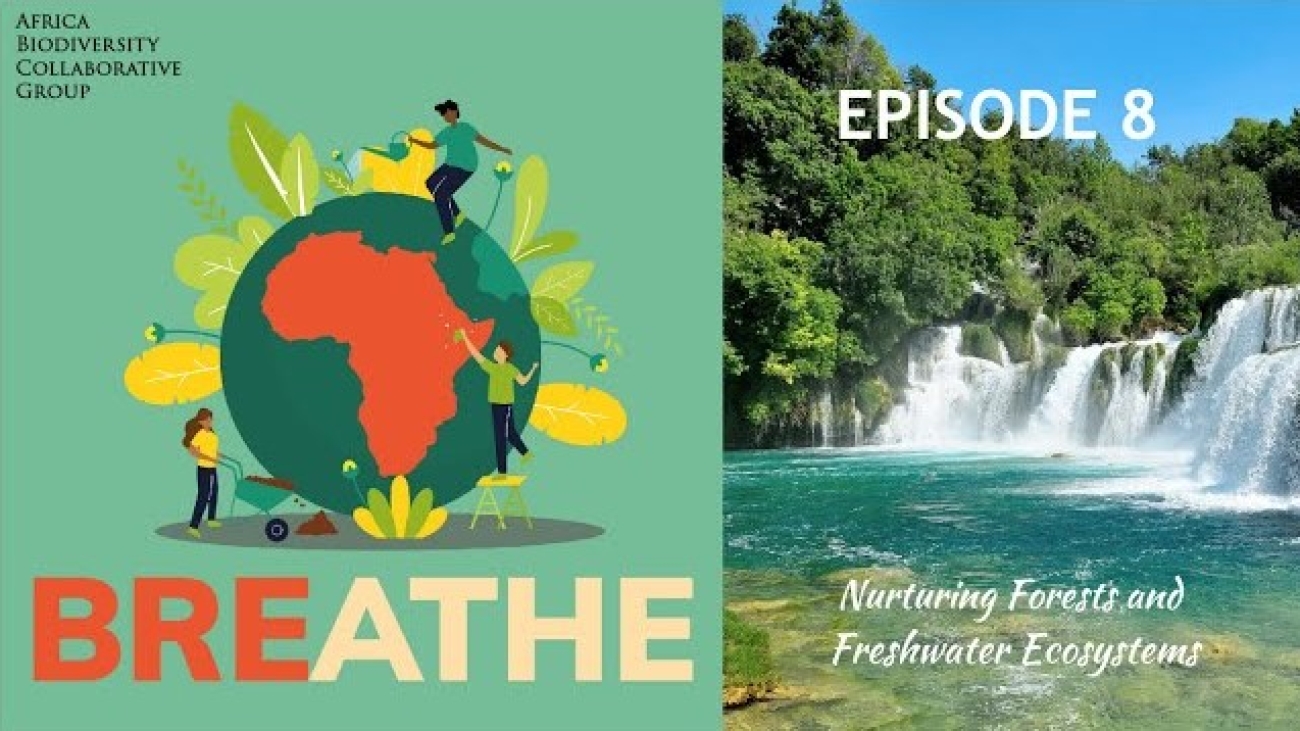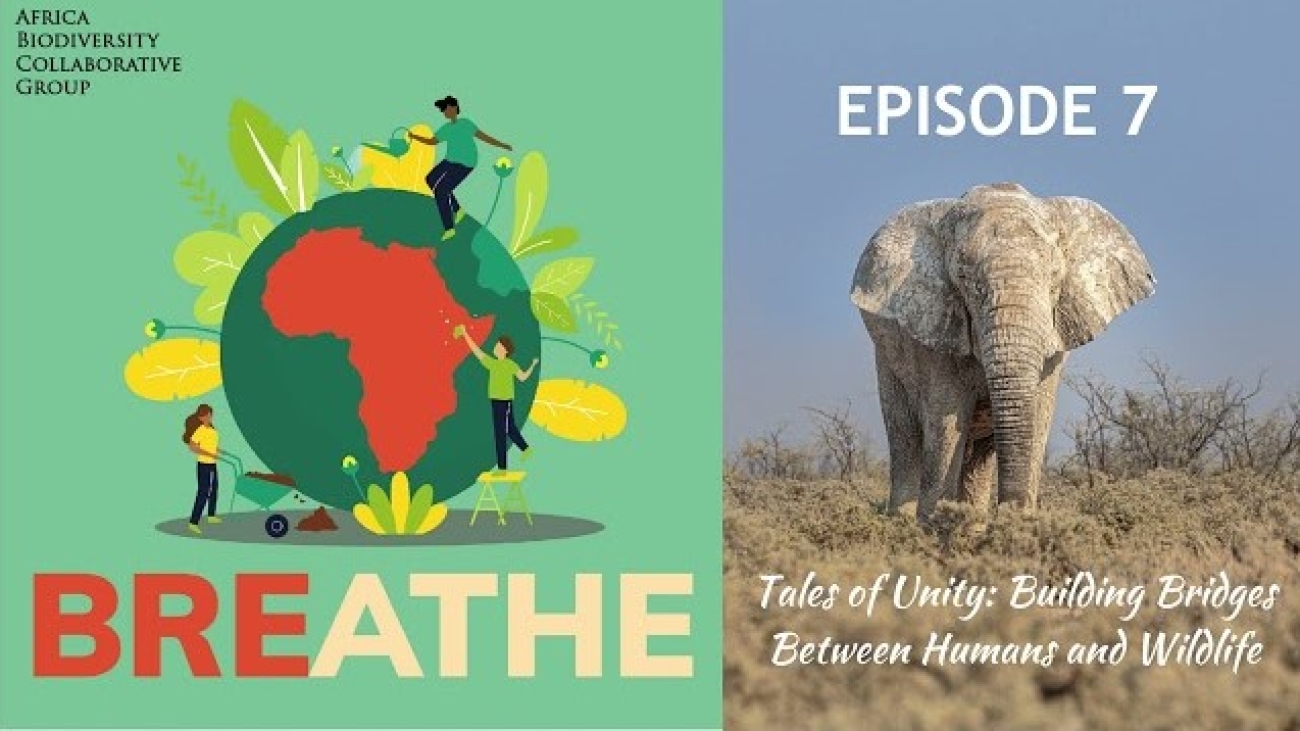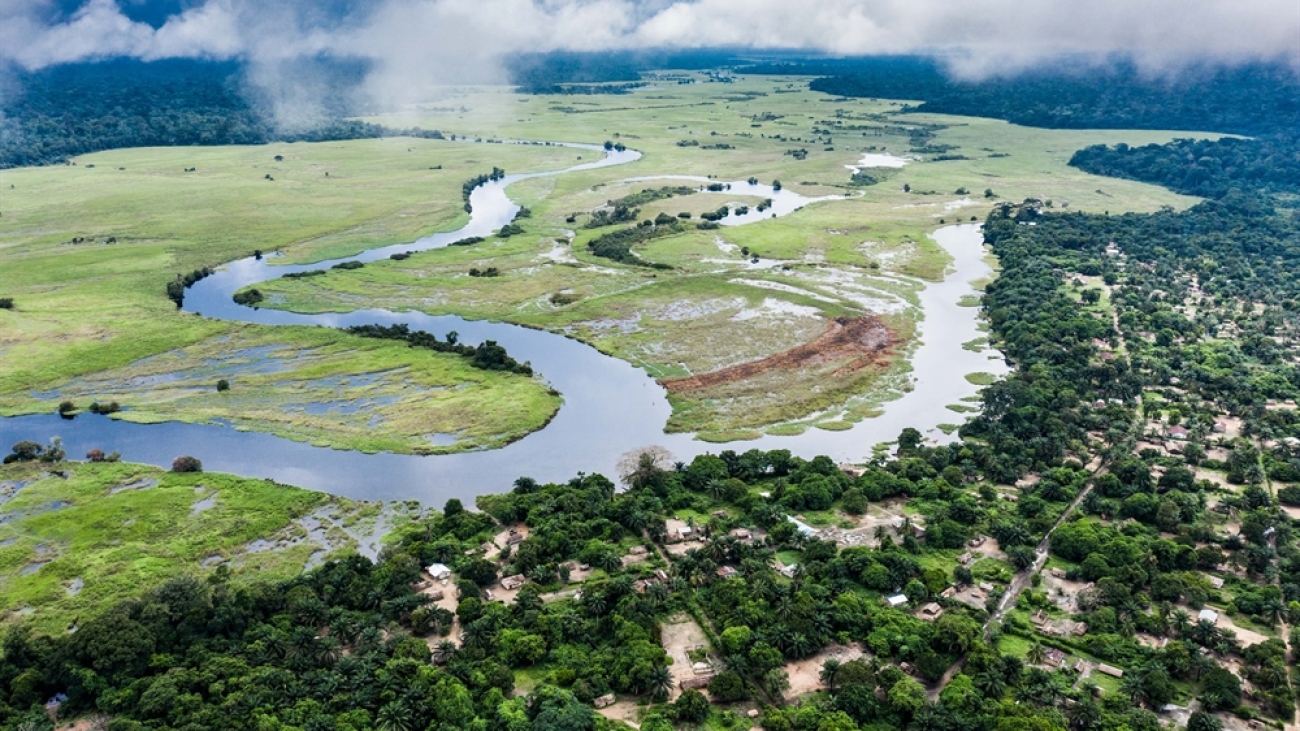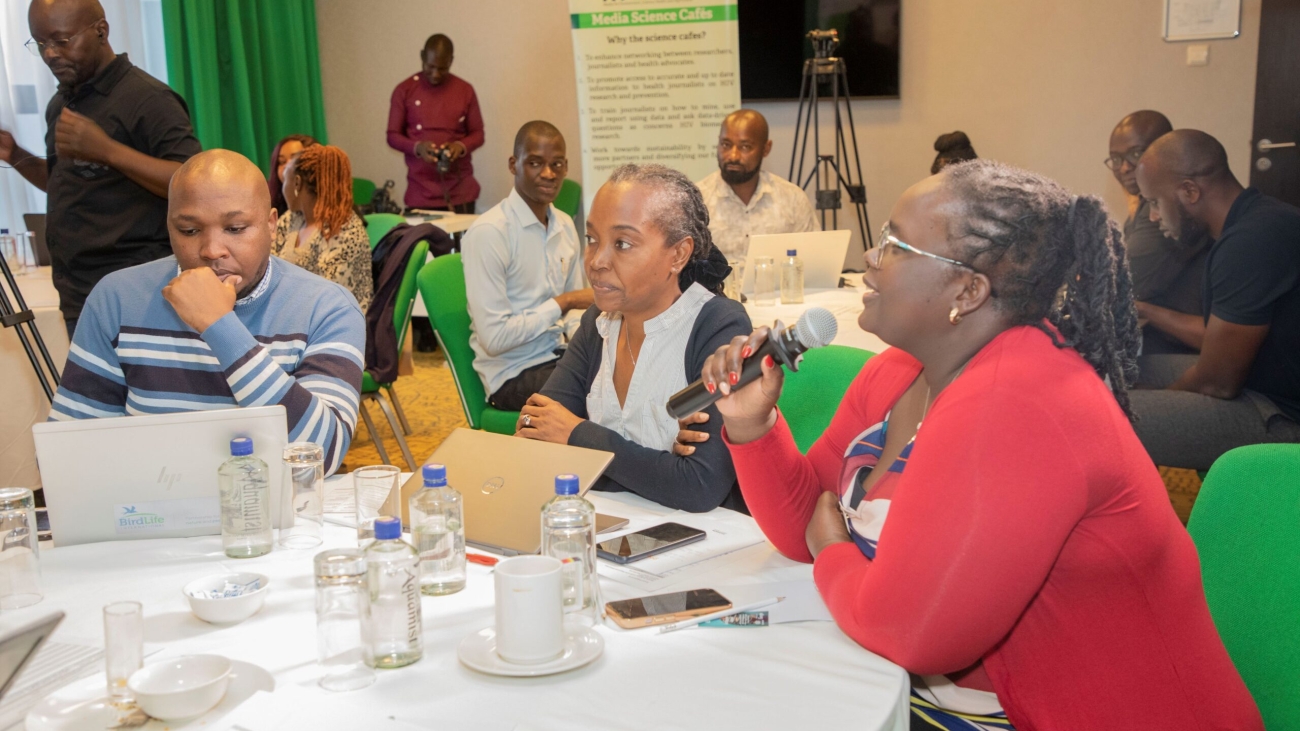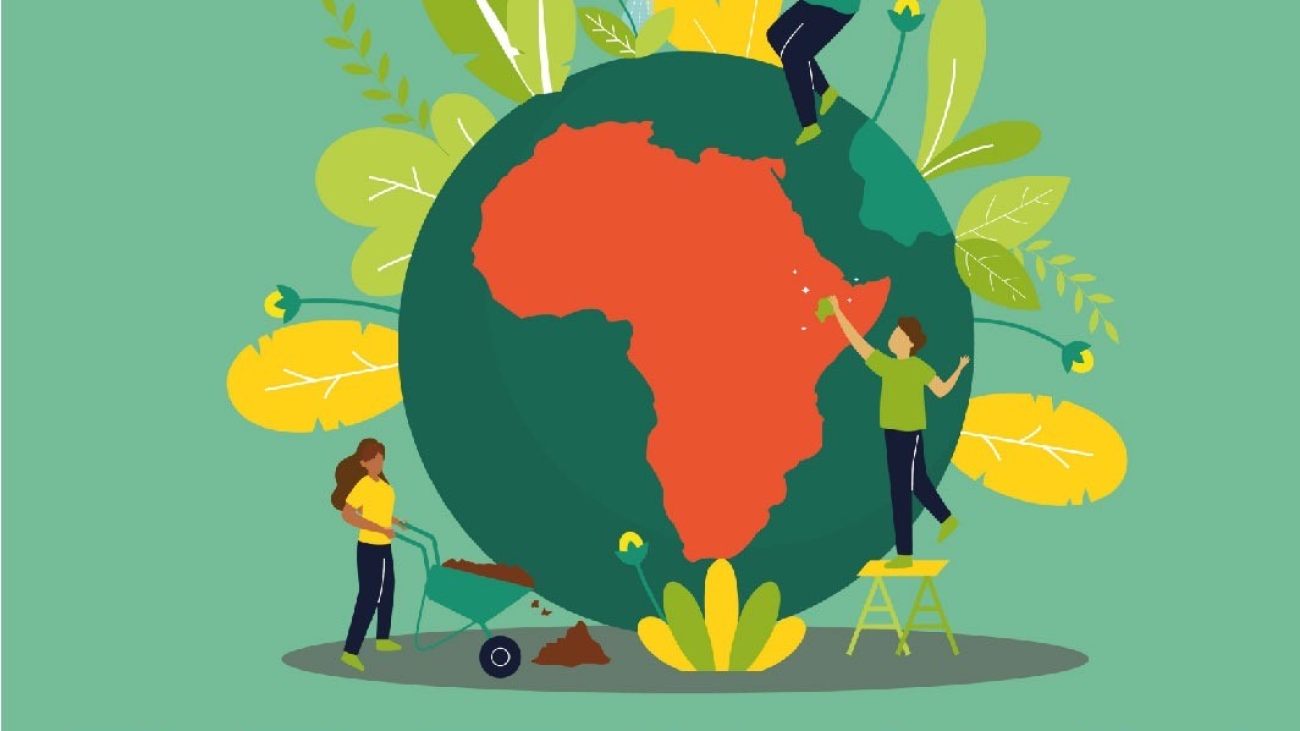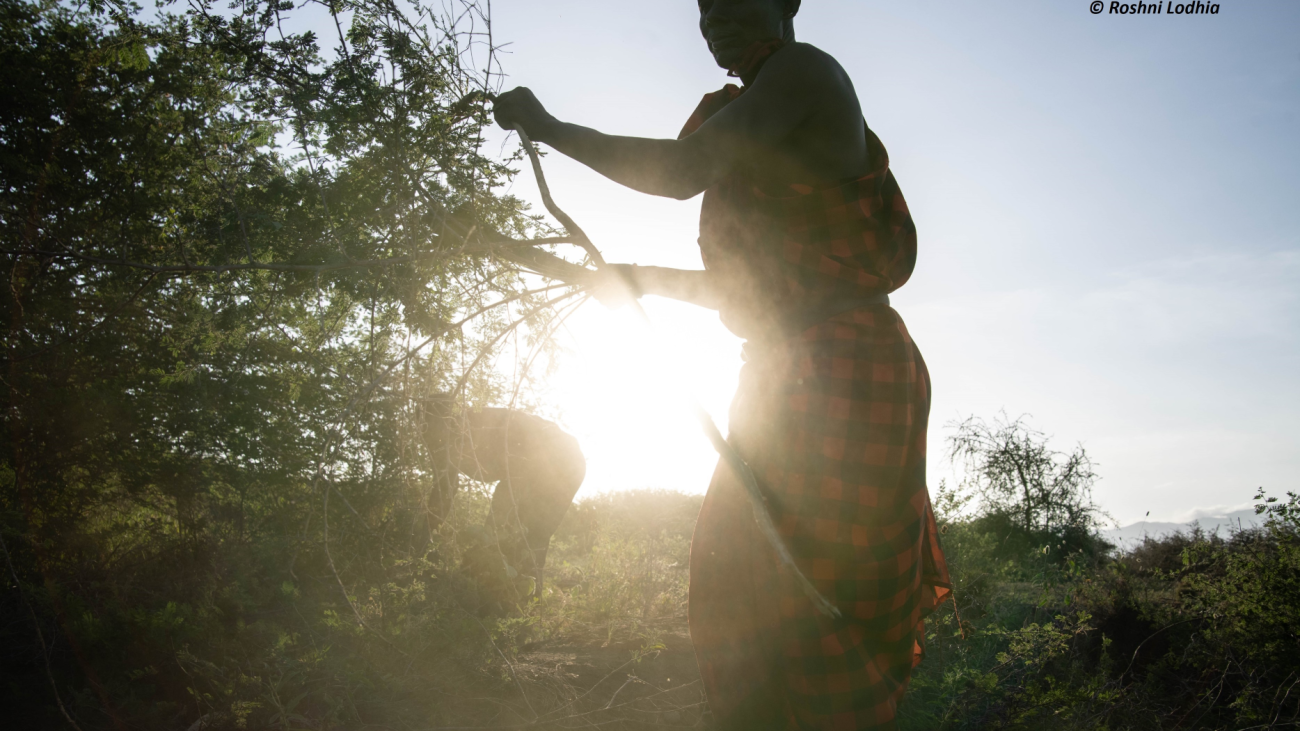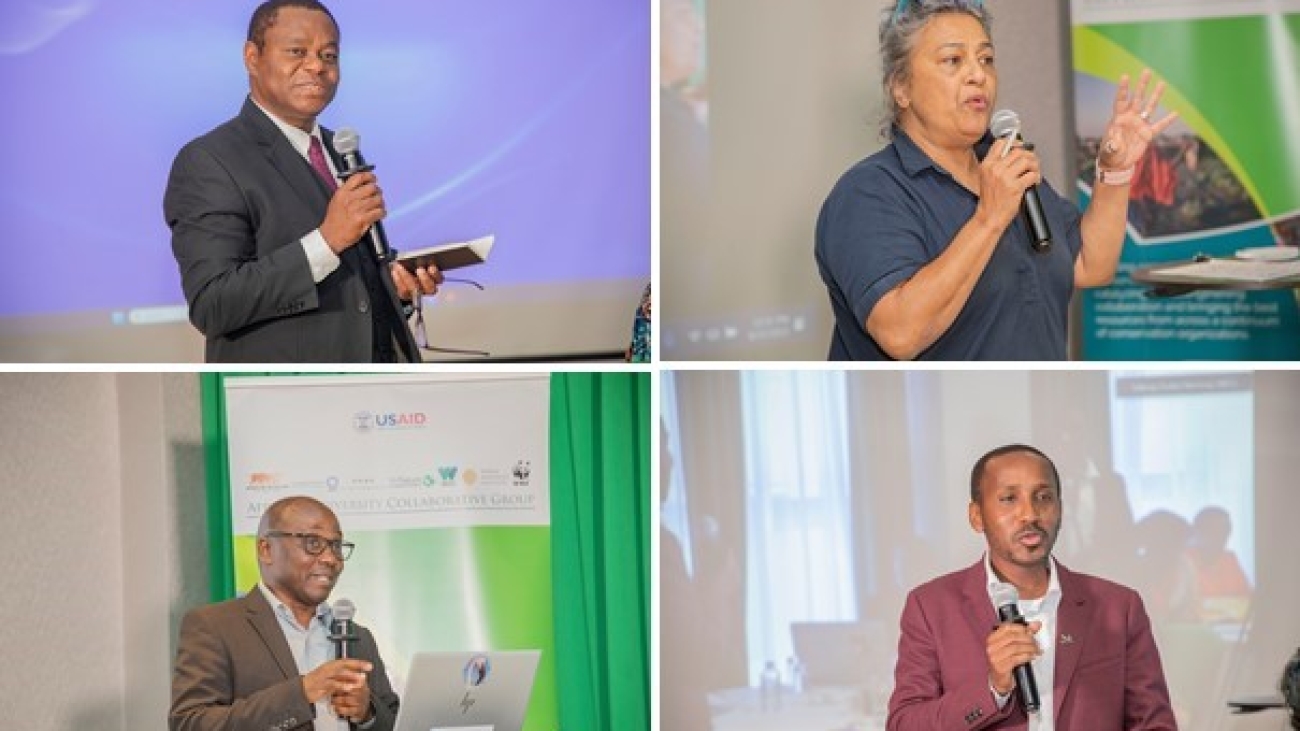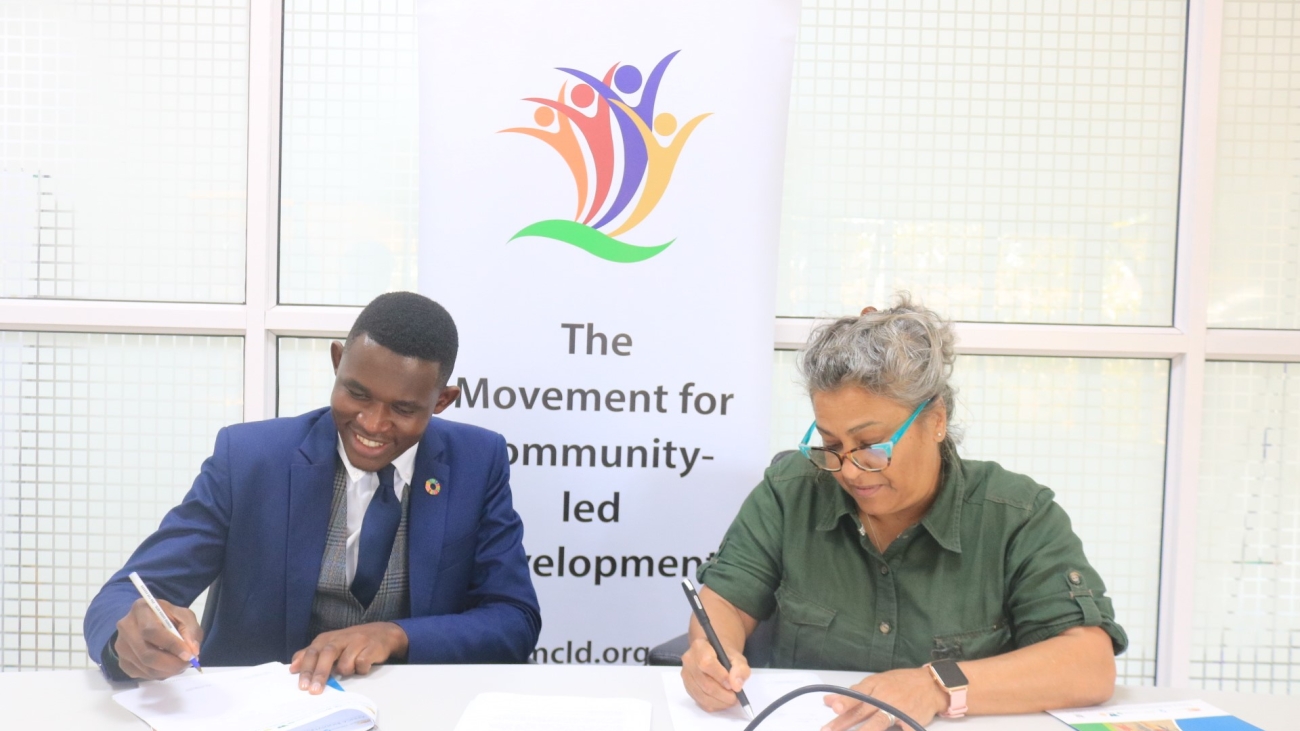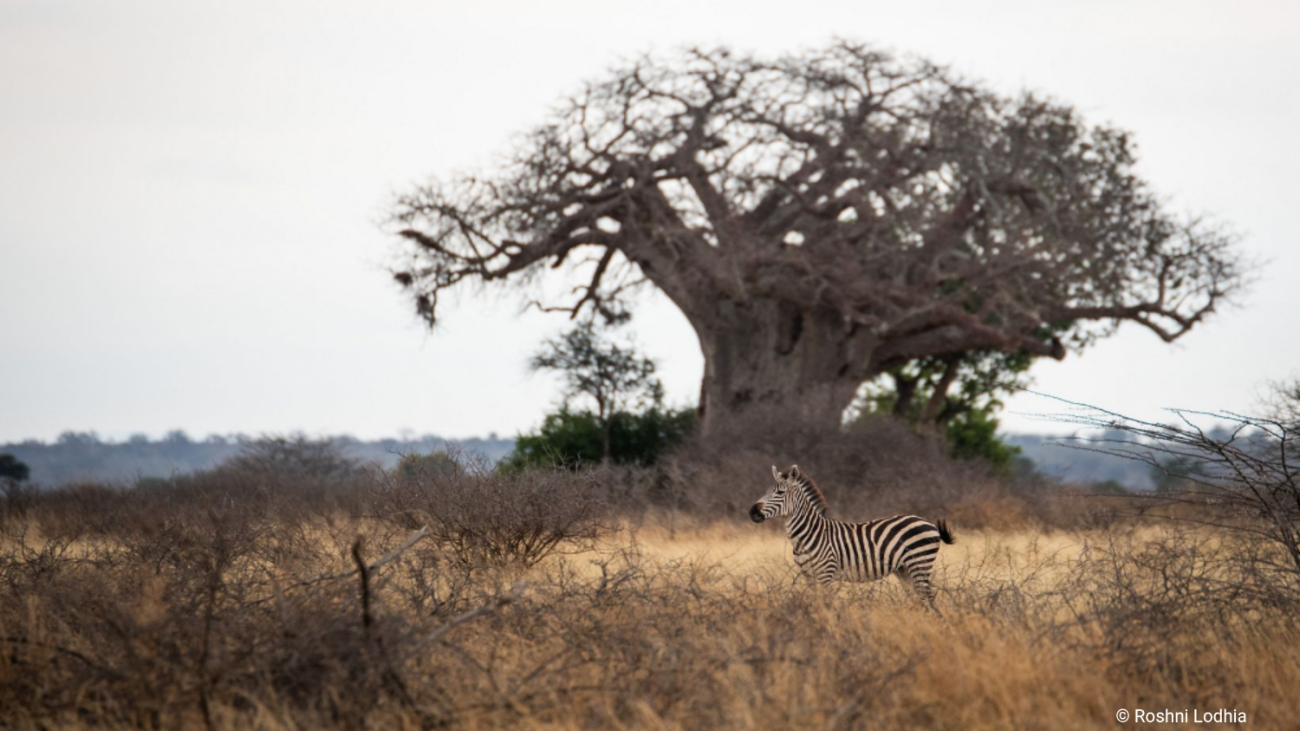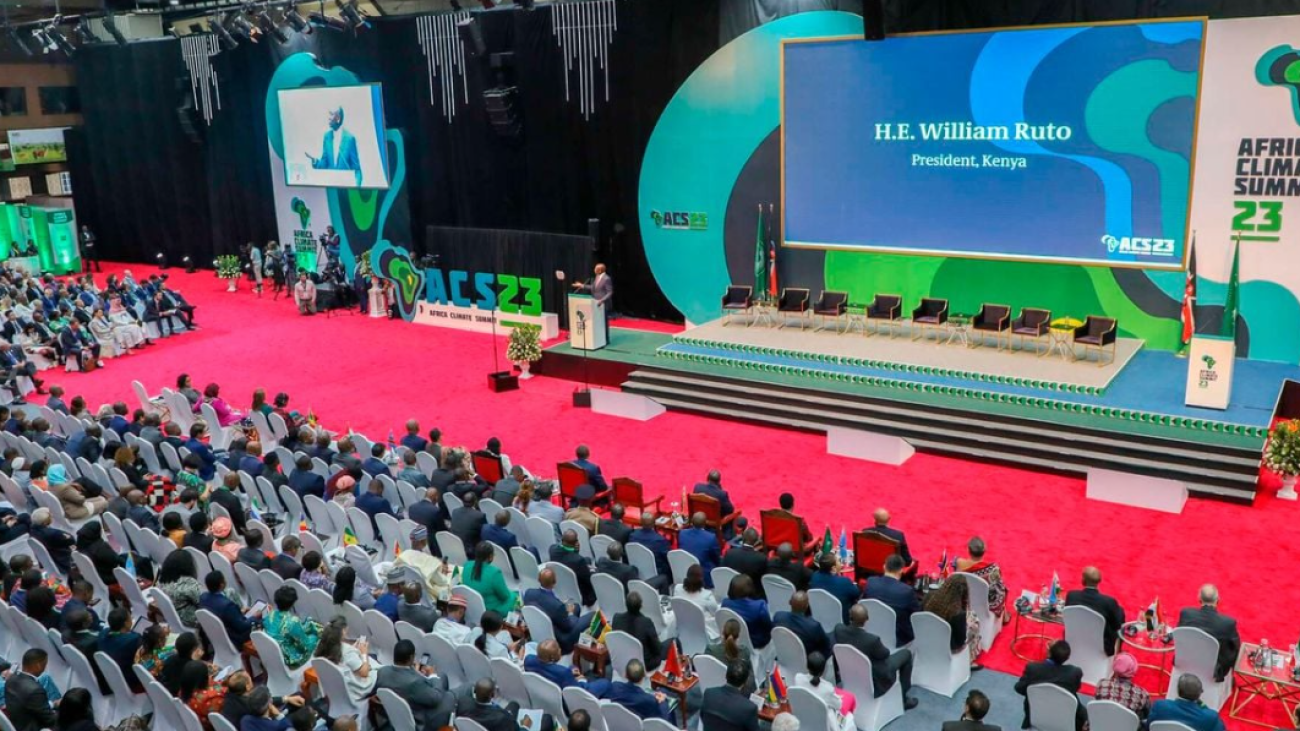In this episode, we are joined by Dorcas Kikwai-Seno, an environmental activist from IkoSafi Africa. She will share her thoughts on how we can responsibly manage forests to conserve our freshwater ecosystems. We will also speak to Wanjohi Kabukuru, an award-winning international environmental investigative journalist, whose expertise covers environment, geopolitics, forests, freshwater ecosystems, conservation, and Indian Ocean marine development.
BREATHE Podcast Episode 7: Building Bridges Between Humans and Wildlife
Join us for the captivating episode of BREATHE as we embark on a journey to unravel one of the most pressing challenges of our era – how to harmoniously share our planet with its diverse wildlife inhabitants. In a world where urbanization continues to expand and natural habitats dwindle, the dynamic interplay between human communities and the animal kingdom has grown increasingly intricate.
Ten Africa Priorities for COP28
Africa’s Priorities for COP28
BREATHE Podcast Episode: Science Cafe: Unveiling Africa’s Biodiversity Story through Media and Science
Join us on a captivating journey into the world of science communication as we convene media professionals and conservation practitioners at the lively Science Cafe.
BREATHE Podcast Series 2: Guardians of Nature
Welcome to BREATHE, a podcast series by the Africa Biodiversity Collaborative Group, where we take you on a captivating journey into the world of Africa’s biodiversity conservation! In this podcast, we strive to be at the forefront of biodiversity conservation efforts, delving into the intricacies of Africa’s diverse ecosystems, extraordinary wildlife, and unparalleled landscapes.
ABCG and the International Livestock Research Institute Formalize Commitment to Tackle Agriculture Conservation Challenges
ILRI and ABCG have recently formalized their commitment to tackle agricultural conservation challenges by signing a MoU. The partnership between ILRI and ABCG is a harmonious synergy poised to make a substantial impact in addressing conservation and agricultural challenges.
Strengthening Coverage of Conservation Agenda: ABCG and MESHA hold inaugural science café
The media has an important role as agenda setters and decision-makers while wielding the power to shift the narrative to ensure conservation is given the priority and attention it deserves in order to push for the much-needed transformation.
ABCG Signs Agreement with The Movement for Community Led Development to advance Community-led Approaches
The Africa Biodiversity Collaborative Group (ABCG) and the Movement for Community Led Development (MCLD) signed a Memorandum of Understanding on September 14, 2023 that will see the two organizations working together to champion for holistic and bottom-up approaches that put communities at the center of conservation and development.
Africa’s Resolute Stance to Confront the Daunting Challenge of Climate Change
The Africa Climate Summit represented a shift in Africa’s involvement in global climate action, where high-level attendance and participation demonstrated the continent’s active leadership.
How Africa can Influence the Global Climate Agenda at the Africa Climate Summit 2023
The Africa Climate Summit brings together African governments, civil society, private sector and development partners to discuss and agree on concrete commitments and initiatives that will accelerate the implementation of the Paris Agreement and the Kunming-Montreal Global Biodiversity Framework in Africa.

